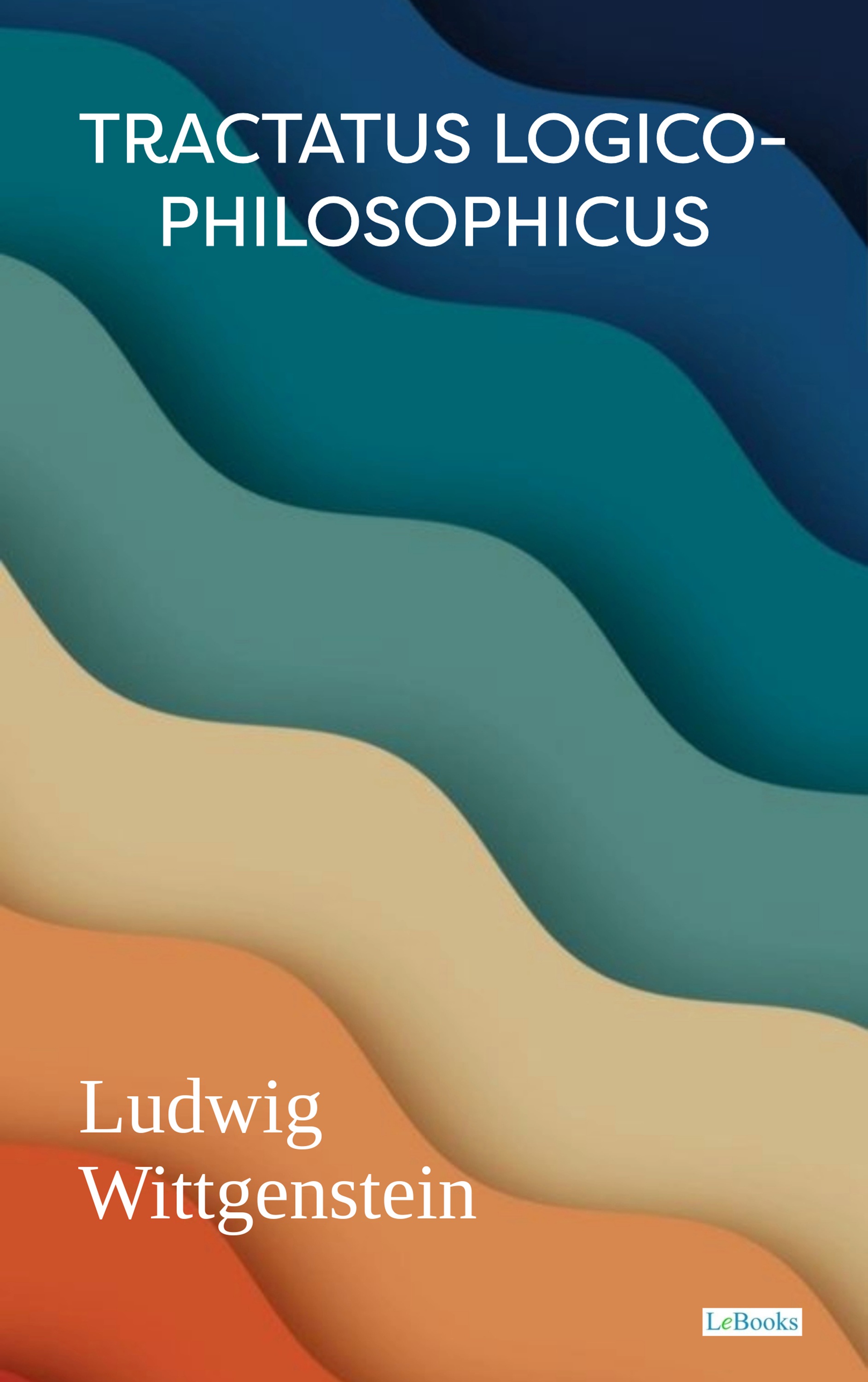
Tractatus Logico-Philosophicus is a profound investigation into the relationship between language, thought, and reality, formulated from a rigorously logical perspective. Ludwig Wittgenstein proposed that the structure of language mirrors the structure of the world, establishing the limits of what can be meaningfully said and what must remain in silence. Through its numbered propositions, he explored logic as the foundation of meaning, arguing that philosophy does not create theories but clarifies thoughts, delineating the ineffable.
Since its publication, the Tractatus Logico-Philosophicus has been recognized as one of the most influential works of twentieth-century philosophy, especially in the philosophy of language and analytical logic. Its unique approach to the relationship between language and the world deeply influenced schools such as logical positivism and paved the way for new philosophical paradigms, including Wittgenstein's later reflections.
The enduring relevance of the work lies in its ability to provoke a radical re-evaluation of the limits of thought, what can be logically expressed, and the necessary silence before the unsayable. By investigating the essence of language and its connection with reality, the Tractatus Logico-Philosophicus invites readers to reconsider philosophy not as theory, but as a clarifying activity, marking a revolution in the understanding of philosophical problems.